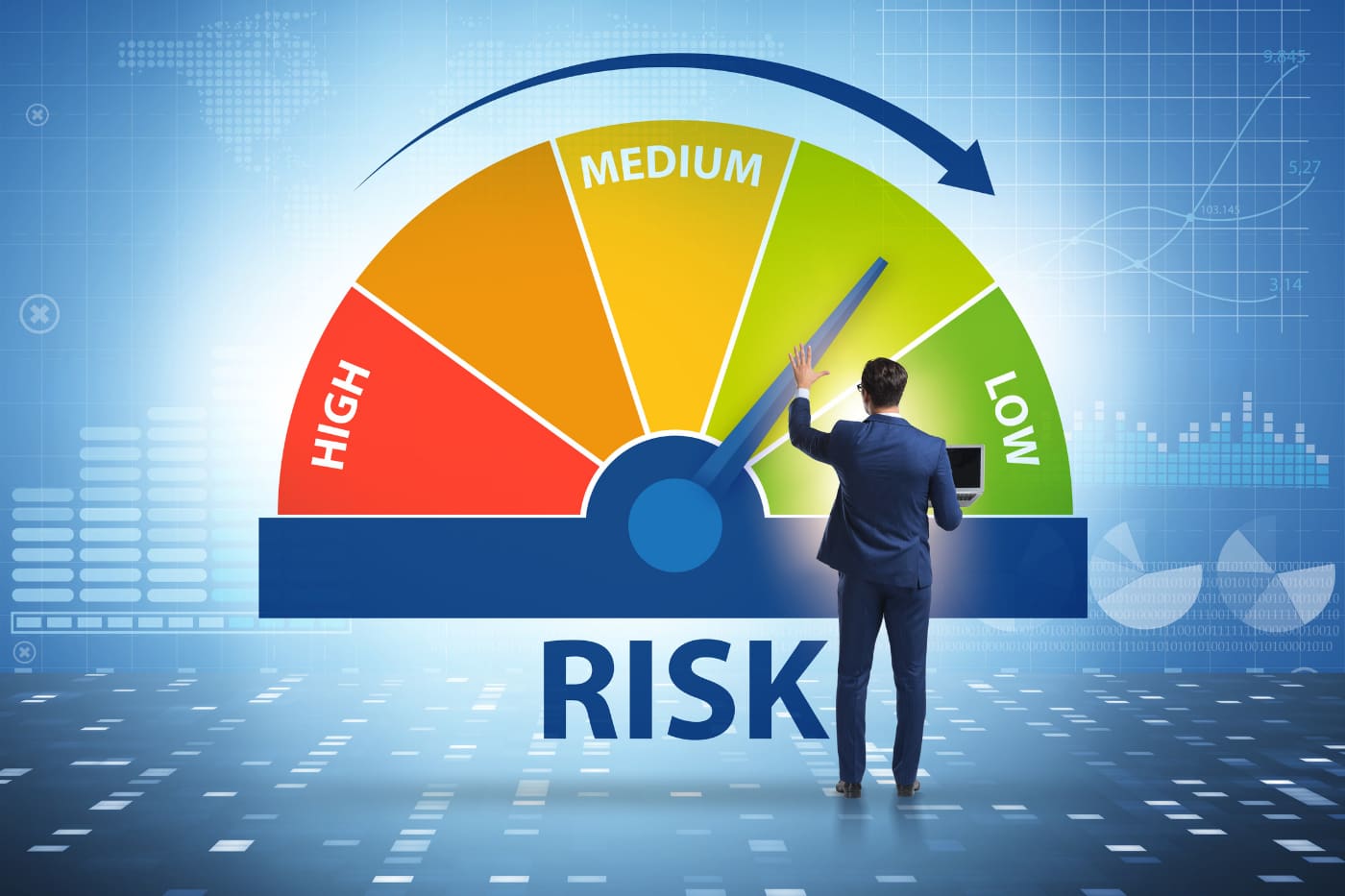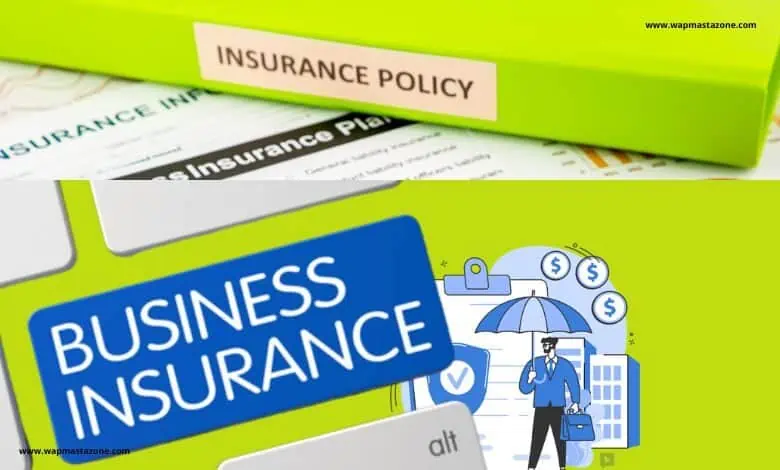Types of Business Insurance
Types of Business Insurance;Business insurance is a crucial aspect of risk management for any enterprise. It protects businesses from potential financial losses due to unforeseen events such as accidents, natural disasters, lawsuits, and more. Various types of business insurance cater to different needs and risks, providing comprehensive coverage to ensure the continuity and stability of operations. This article explores the myriad types of business insurance, offering detailed insights into their functions, benefits, and importance.
General Liability Insurance
General liability insurance is foundational for most businesses. It provides coverage for bodily injuries, property damage, and personal and advertising injury claims. This type of insurance is essential for businesses that interact with the public, as it covers legal costs and settlements resulting from accidents or injuries that occur on business premises or due to business operations.
Key Coverage Areas:
- Bodily Injury: Covers medical expenses, legal fees, and compensation if someone is injured on the business premises.
- Property Damage: Pays for damages caused to another person’s property by the business.
- Personal and Advertising Injury: Covers lawsuits related to defamation, slander, copyright infringement, and misleading advertising.
Professional Liability Insurance
Professional liability insurance, also known as errors and omissions (E&O) insurance, is critical for service-based businesses and professionals. It protects against claims of negligence, errors, or omissions in the services provided. This insurance is particularly important for doctors, lawyers, consultants, and other professionals who offer specialized advice or services.
Key Coverage Areas:
- Negligence: Protects against claims of failing to perform professional duties competently.
- Errors and Omissions: Covers mistakes or oversights that cause financial harm to clients.
- Legal Defense Costs: Pays for legal fees associated with defending against claims, regardless of fault.
Commercial Property Insurance
Commercial property insurance is designed to protect the physical assets of a business, including buildings, equipment, inventory, and furniture. This type of insurance is essential for businesses that own or lease physical spaces, as it provides financial assistance in the event of damage or loss due to fire, theft, vandalism, or natural disasters.
Key Coverage Areas:
- Buildings and Structures: Covers the physical building where the business operates.
- Contents: Protects business equipment, inventory, and other contents within the premises.
- Loss of Income: Provides compensation for lost income if business operations are interrupted due to covered property damage.
Business Interruption Insurance
Business interruption insurance, also known as business income insurance, helps businesses recover lost income and manage expenses when operations are disrupted by a covered peril. This insurance is often bundled with commercial property insurance but can also be purchased separately.
Key Coverage Areas:
- Lost Revenue: Compensates for lost income during the period of interruption.
- Operating Expenses: Covers ongoing expenses such as rent, payroll, and utilities while the business is unable to operate.
- Temporary Relocation: Pays for the costs associated with moving to a temporary location and resuming operations.
Workers’ Compensation Insurance
Workers’ compensation insurance is mandatory in most states and provides coverage for employees who suffer work-related injuries or illnesses. It ensures that employees receive medical care, rehabilitation, and compensation for lost wages, while also protecting employers from lawsuits related to workplace injuries.
Key Coverage Areas:
- Medical Expenses: Covers the cost of medical treatment for work-related injuries or illnesses.
- Lost Wages: Provides compensation for a portion of the employee’s lost wages while they are recovering.
- Rehabilitation Costs: Pays for physical therapy and vocational rehabilitation to help employees return to work.
- Death Benefits: Provides financial support to the family of an employee who dies as a result of a work-related incident.
Commercial Auto Insurance
Commercial auto insurance is necessary for businesses that use vehicles as part of their operations. It provides coverage for vehicles owned, leased, or rented by the business and protects against liabilities arising from accidents involving these vehicles.
Key Coverage Areas:
- Liability Coverage: Covers legal fees, medical expenses, and damages if the business vehicle causes injury or property damage.
- Collision Coverage: Pays for repairs or replacement of the business vehicle if it is damaged in an accident.
- Comprehensive Coverage: Protects against non-collision-related damages, such as theft, vandalism, or natural disasters.
- Uninsured/Underinsured Motorist Coverage: Covers expenses if the business vehicle is involved in an accident with an uninsured or underinsured driver.
Product Liability Insurance
Product liability insurance is vital for businesses that manufacture, distribute, or sell products. It provides protection against claims of injury or damage caused by defective products. This insurance is crucial for maintaining the business’s reputation and financial stability in the event of a product-related lawsuit.
Key Coverage Areas:
- Manufacturing Defects: Covers claims arising from defects that occur during the manufacturing process.
- Design Defects: Protects against claims related to inherent flaws in the product’s design.
- Failure to Warn: Covers claims that arise from the lack of adequate instructions or warnings about the product’s use.
Cyber Liability Insurance
In an increasingly digital world, cyber liability insurance is becoming more critical for businesses of all sizes. This insurance protects against financial losses resulting from cyberattacks, data breaches, and other cyber incidents. Given the rise in cyber threats, this type of insurance is essential for safeguarding sensitive information and maintaining customer trust.
Key Coverage Areas:
- Data Breach Response: Covers costs associated with notifying affected individuals, credit monitoring, and public relations efforts.
- Legal Fees: Pays for legal expenses related to defending against lawsuits resulting from a cyber incident.
- Regulatory Fines: Covers fines and penalties imposed by regulatory bodies due to non-compliance with data protection laws.
- Business Interruption: Compensates for lost income and additional expenses incurred during the recovery from a cyber incident.
Directors and Officers (D&O) Insurance
Directors and officers (D&O) insurance provides liability coverage for the executives of a company. It protects them from personal losses if they are sued for wrongful acts while managing the company. This insurance is crucial for attracting and retaining top talent, as it offers financial protection for decision-makers.
Key Coverage Areas:
- Legal Defense Costs: Covers the cost of defending against lawsuits alleging wrongful acts by directors or officers.
- Settlements and Judgments: Pays for settlements or judgments resulting from covered lawsuits.
- Employment Practices Liability: Often includes coverage for claims related to employment practices, such as wrongful termination, discrimination, and harassment.
Key Person Insurance
Key person insurance, also known as key man insurance, is a policy taken out by a business to protect against the financial loss that could occur due to the death or disability of a key employee. This insurance provides the company with funds to cover the costs of finding and training a replacement, as well as compensating for lost revenue during the transition period.
Key Coverage Areas:
- Death Benefit: Provides a lump-sum payment to the business upon the death of the key person.
- Disability Coverage: Offers financial support if the key person becomes disabled and is unable to work.
- Business Continuity: Helps ensure the business can continue operations and maintain financial stability despite the loss of a critical team member.
Employment Practices Liability Insurance (EPLI)
Employment practices liability insurance (EPLI) protects businesses from claims made by employees regarding wrongful employment practices. This insurance is essential for mitigating the risk of costly lawsuits related to workplace issues and maintaining a fair and compliant work environment.
Key Coverage Areas:
- Wrongful Termination: Covers claims related to the improper termination of an employee.
- Discrimination: Protects against lawsuits alleging discrimination based on race, gender, age, or other protected characteristics.
- Harassment: Covers claims of workplace harassment, including sexual harassment.
- Retaliation: Protects against claims that the business retaliated against an employee for filing a complaint or participating in an investigation.
Inland Marine Insurance
Inland marine insurance covers property in transit over land, as well as certain types of moveable property. It is particularly useful for businesses that regularly transport goods or equipment. This insurance provides protection against a variety of risks that can occur during transit or while the property is temporarily stored off-site.
Key Coverage Areas:
- Property in Transit: Covers goods and equipment while they are being transported by land.
- Moveable Equipment: Protects equipment that is frequently moved between locations.
- Bailee’s Customer Goods: Covers property that is in the care, custody, or control of the business, such as items left for repair or storage.
Umbrella Insurance
Umbrella insurance provides additional liability coverage beyond the limits of existing policies, such as general liability, commercial auto, and employer’s liability insurance. It offers an extra layer of protection, ensuring that a business is adequately covered in the event of a large claim or lawsuit.
Key Coverage Areas:
- Excess Liability: Provides coverage when the limits of underlying policies are exhausted.
- Broader Coverage: Extends coverage to certain risks that may not be covered by primary policies.
- Legal Defense Costs: Covers legal fees associated with defending against large claims.
Crime Insurance
Crime insurance protects businesses from financial losses due to criminal acts such as theft, fraud, and embezzlement. This type of insurance is crucial for safeguarding the company’s assets and maintaining financial integrity.
Key Coverage Areas:
- Employee Theft: Covers losses resulting from dishonest acts committed by employees.
- Forgery and Alteration: Protects against losses from forged or altered documents.
- Computer Fraud: Covers losses due to fraudulent activities conducted through computers.
- Funds Transfer Fraud: Protects against losses resulting from fraudulent electronic funds transfers.
Environmental Liability Insurance
Environmental liability insurance, also known as pollution liability insurance, covers the costs associated with pollution-related incidents. This insurance is essential for businesses that handle hazardous materials or operate in industries with a high risk of environmental contamination.
Key Coverage Areas:
- Cleanup Costs: Covers expenses for cleaning up pollution or contamination.
- Third-Party Claims: Protects against lawsuits from third parties affected by pollution.
- Regulatory Fines: Covers fines and penalties imposed by regulatory agencies for environmental violations.
- Legal Defense Costs: Pays for legal fees associated with defending against environmental claims.
Conclusion on Types of Business Insurance
In conclusion, business insurance is a multifaceted tool that helps protect companies from a wide array of risks. From general liability and property insurance to more specialized coverages like cyber liability and environmental liability insurance, businesses have numerous options to tailor their insurance needs. Understanding the various types of business insurance and how they apply to different scenarios is crucial for ensuring comprehensive protection and long-term success. By investing in the appropriate insurance policies, businesses can safeguard their assets, maintain operational continuity, and navigate the complexities of potential legal and financial challenges.






